Vacant Dwelling Insurance
Protecting Unoccupied Homes from Risks and Liabilities
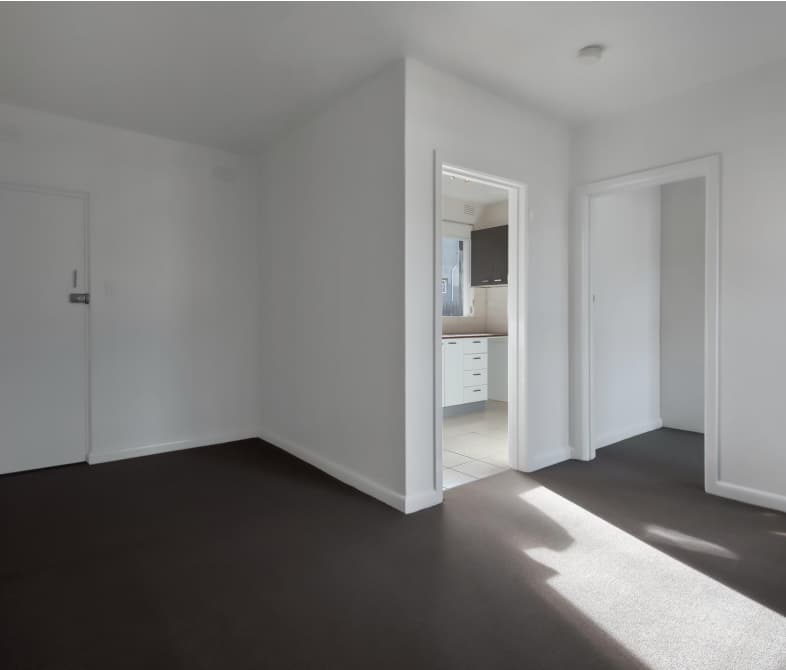
What is Vacant Dwelling Insurance?
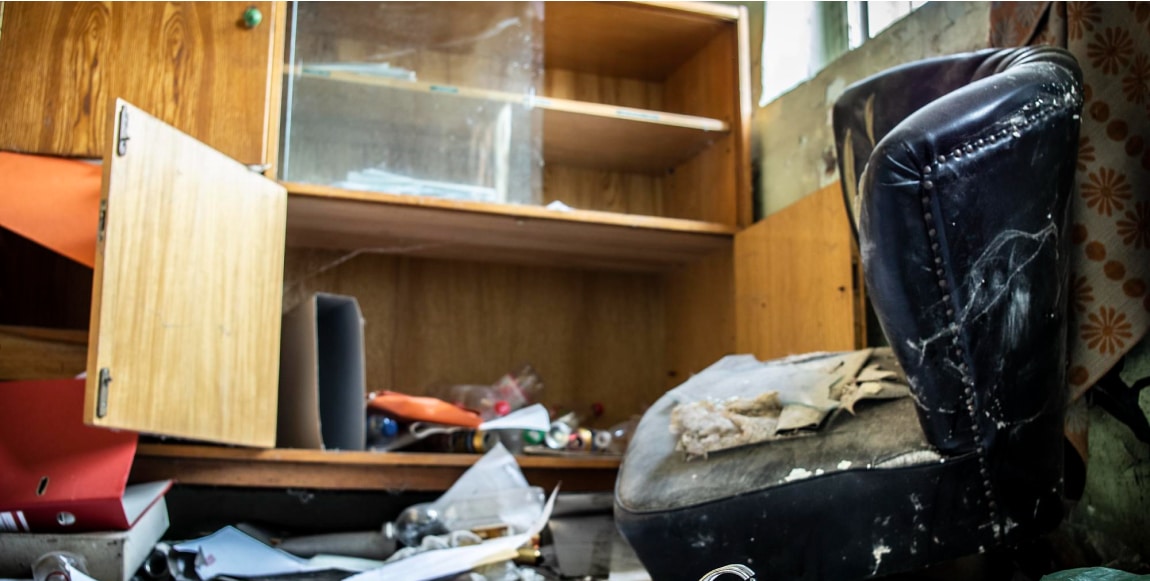
Vacant Dwelling Insurance is a type of property insurance specifically designed to cover homes that are unoccupied for an extended period, typically more than 30-60 days. Standard homeowner policies often exclude coverage for homes left vacant,
leaving the property vulnerable to risks such as vandalism, fire, and water damage. This specialized insurance fills the gap, providing comprehensive coverage for property owners.
When is Vacant Dwelling Insurance Needed?
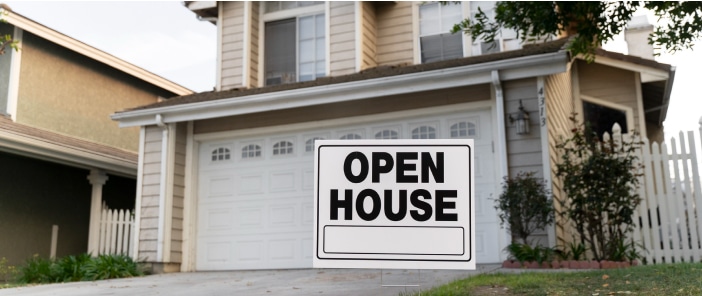
Home Sales
When a home is vacant because it is on the market and awaiting sale.
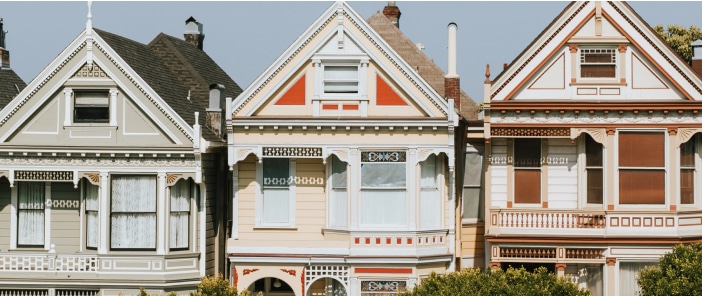
Rental Properties
If a rental property is unoccupied while waiting for new tenants.
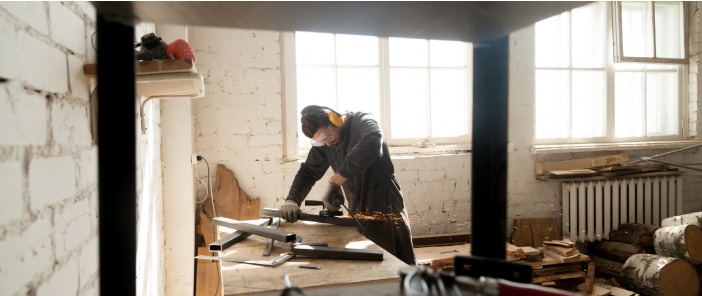
Renovations
When homes are undergoing significant renovations and are temporarily uninhabited.
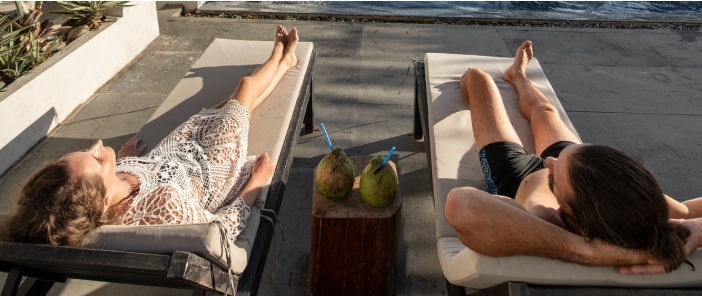
Seasonal Homes
For vacation homes that are unoccupied for extended periods during off-season months.
Key Benefits of Vacant Dwelling Insurance
Comprehensive Coverage
Protects the property from risks like vandalism, fire, theft, and water damage that are more likely to occur in unoccupied homes.
Peace of Mind for Owners
Ensures that property owners are financially protected, whether the home is on the market, awaiting tenants, or undergoing renovations.
Liability Protection
Offers coverage for legal liabilities if someone is injured on the property while it is vacant.
Customizable Policies
Coverage can be tailored to meet the specific needs of each vacant property, including seasonal homes or homes under renovation.
Download Our Vacant Property Insurance Guide
Secure specialized protection for vacant properties with tailored coverage that addresses their unique risks. Give your clients confidence and comprehensive protection for their vacant properties—download your guide now!
How Vacant Dwelling Insurance Works
Application Process
Property owners apply for vacant dwelling insurance by providing details about the property’s condition, location, and the expected duration of vacancy.
Underwriting
The insurer assesses the risks associated with the vacant property, including its location and security measures.
Policy Issuance
Once approved, the policy provides coverage for the vacant property, protecting it from various risks such as fire, vandalism, and weather damage.
Claims Process
If damage or loss occurs while the home is vacant, the owner can file a claim with the insurer for compensation based on the policy’s terms.

Why Brokers Should Offer Vacant Dwelling Insurance
Mitigate Risks for Homeowners
Vacant properties face higher risks of damage or liability claims, making this coverage essential for protecting clients’ investments.
Tailored Solutions
Brokers can offer policies that cater to specific client needs, such as seasonal homes or homes awaiting sale or tenants.
Expanded Service Offering
Providing vacant dwelling insurance helps brokers offer comprehensive coverage options to homeowners with unique insurance needs.
Protect Your Client’s Vacant Property with Comprehensive Coverage
Ensure your clients are fully protected while their homes are unoccupied. Contact our team to explore vacant dwelling insurance solutions that provide peace of mind and safeguard against potential risks.
FAQs about Vacant Dwelling Insurance
When is vacant dwelling insurance necessary?
It is necessary when a home is unoccupied for more than 30-60 days, whether due to home sale, renovation, or tenant turnover.
What does vacant dwelling insurance cover?
It typically covers risks like fire, vandalism, theft, water damage, and liability for injuries that occur on the property.
How much does vacant dwelling insurance cost?
The cost depends on the location, duration of vacancy, and specific risks associated with the property, but it tends to be higher than standard homeowner policies.
Can a homeowner’s insurance policy cover vacant homes?
Most standard homeowner policies exclude coverage for homes that are vacant for extended periods. A vacant dwelling policy is necessary to fill that gap.
How long can a property be vacant before coverage is required?
Most policies require vacant dwelling insurance if the home will be unoccupied for 30-60 days or longer.
Download our Appetite Guide
Get instant access to our comprehensive guide detailing specialized insurance and surety solutions tailored specifically for your business needs. Inside you’ll discover:
- Clear product breakdowns to easily identify the right solutions for you.
- Real-world claim examples highlighting the practical benefits of our coverage.
- Expert insights to empower your brokerage and enhance client relationships.




